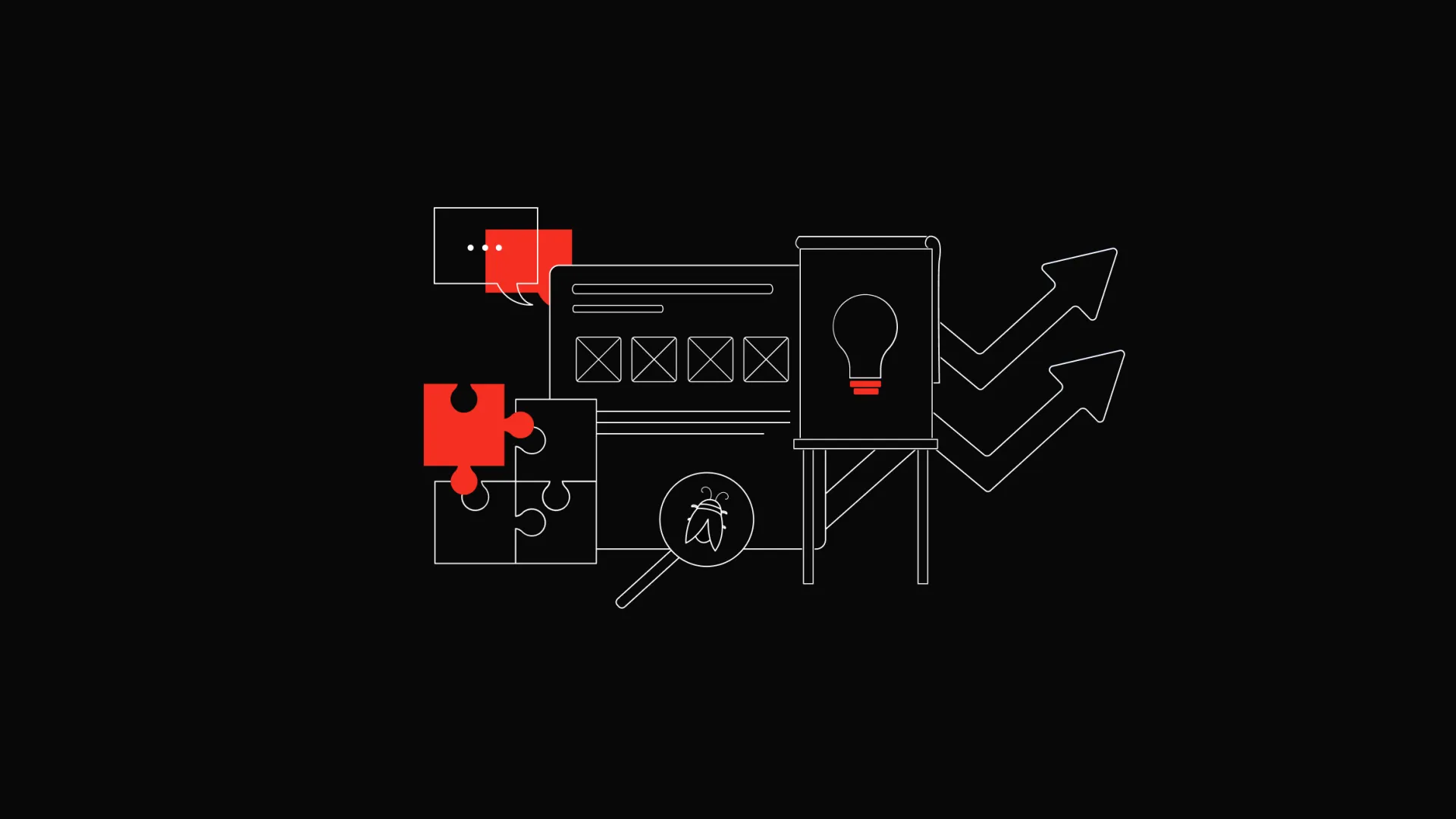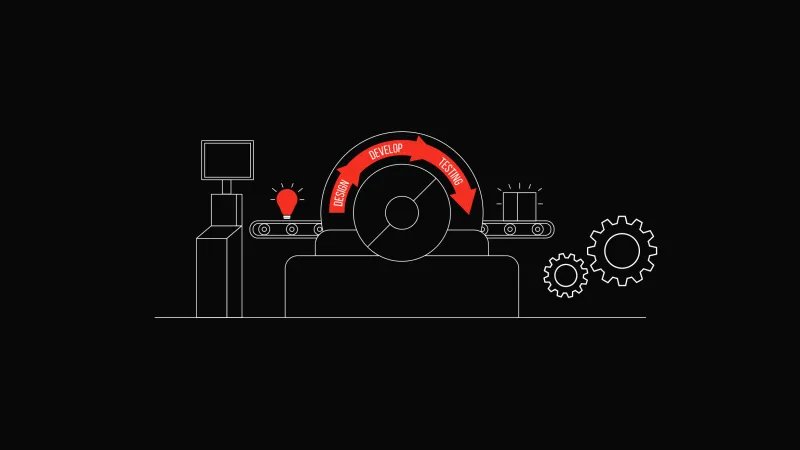Soft Skills for QA Professionals

The Importance of Soft Skills for QA Testers: Beyond Technical Proficiency
Let's be honest: In the world of quality assurance, technical skills like proficiency in various testing tools and coding and an understanding of software development methodologies are often emphasized. However, the value of soft skills should not be underestimated. What exactly are soft skills? They are the characteristics and traits that help you work effectively in your workplace and with others. They are the intangibles that make it easy to work with you. Those who possess these traits not only become the best testers but also grow quickly in their careers, becoming better team members and team leaders. Soft skills are crucial attributes that enable effective and harmonious interaction with others. For QA testers, these skills are essential for performing their roles efficiently and contributing to the team's and the project's overall success.
With a commitment to growth and continuous learning, here are a few skills that every QA professional should develop:
Communication Skills
Let's start with perhaps the most vital skill for QA testers: Effective communication ensures that testers can clearly convey issues, provide feedback, and collaborate with developers, product managers, and other stakeholders. Whether documenting test cases, writing bug reports, or discussing issues during team meetings, the ability to articulate thoughts clearly and concisely is essential. Moreover, QA testers often act as the bridge between technical and non-technical teams, requiring them to translate technical details into understandable terms for all parties involved.
Attention to Detail
Ok, now you got me :) — this one isn’t all about soft skills. Attention to detail is a beautiful example of the importance of blending technical and soft skills. QA testing demands meticulous attention to detail. Testers must identify even the smallest bugs and inconsistencies that could impact the user experience. This skill is critical when reviewing large volumes of code or executing extensive test cases. A tester with a keen eye for detail will not only catch obvious errors but will also anticipate potential issues that others might overlook, thereby contributing to a more robust and reliable product.

Problem-Solving Skills
This skill helps you tackle the hard problems. QA testers are often faced with complex issues that require creative solutions. Whether it’s figuring out why a specific bug occurs or determining how to reproduce an intermittent issue, strong problem-solving skills are crucial. Testers must be able to analyze the problem, consider various solutions, and implement the most effective approach. This skill is critical when dealing with limited information or working under tight deadlines.
Adaptability
Be like a chameleon; change whenever it benefits the project. The software development environment is dynamic, with frequent changes in requirements, tools, and technologies. QA testers need to be adaptable to cope with these changes effectively. Whether learning a new testing tool, adjusting to changes in project scope, or working with a new development methodology, an adaptable tester can navigate these changes smoothly and continue to deliver high-quality work.
Teamwork and Collaboration
You know the saying, “Teamwork makes the dream work,” and yes, this is what it's all about. Testers rarely work in isolation; they are part of a larger team that includes developers, product managers, designers, and other stakeholders. Being a good team player is essential for ensuring that the team’s collective efforts lead to the successful delivery of a product. Collaboration involves not only working alongside others but also being open to feedback, willing to assist teammates, and contributing to the team dynamic. A collaborative mindset fosters a positive work environment and ensures that everyone is working toward the same goals.
Time Management
Testing can be time-consuming, and deadlines are often tight. Effective time management allows QA testers to prioritize tasks, manage their workload, and meet deadlines without sacrificing the quality of their work. This skill also involves knowing when to focus on critical issues and when to move on, ensuring that testing efforts are both efficient and effective.

Empathy
Oh boy, I know this can be tough for some, but understanding the end user’s perspective is a vital part of QA testing. Empathy allows testers to anticipate how users might interact with the software and identify potential pain points or areas of confusion. By putting themselves in the users’ shoes, testers can ensure that the final product is user-friendly and meets the needs of its intended audience.
Conflict Resolution
In any team, conflicts can arise, especially when there are differing opinions on how to handle a particular issue or bug. QA testers need to be skilled in conflict resolution to handle disagreements professionally and constructively. This involves listening to all sides, finding common ground, and working toward a solution that satisfies all parties. Effective conflict resolution contributes to a healthier team dynamic and helps keep projects on track.
Critical Thinking
Critical thinking is essential for evaluating the quality of software and the effectiveness of testing processes. QA testers must be able to analyze information, assess risks, and make informed decisions. This skill helps testers not only in identifying issues but also in determining the root cause of problems and suggesting appropriate solutions.
Conclusion
While technical skills are fundamental for QA testers, soft skills are equally important in ensuring project success. Effective communication, attention to detail, problem-solving abilities, and adaptability are just a few of the soft skills that can enhance a tester's performance. In today’s collaborative and fast-paced work environment, the combination of strong technical abilities and well-honed soft skills is what truly sets exceptional QA testers apart. By developing and refining these soft skills, QA testers can improve their own work and also contribute to the overall team success and the quality of the software products.



